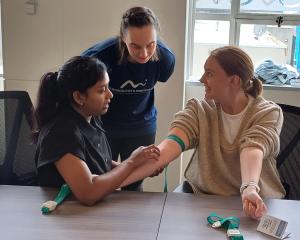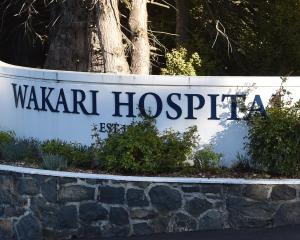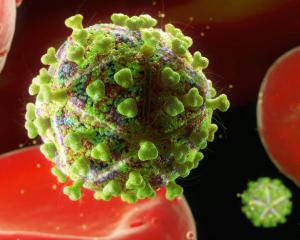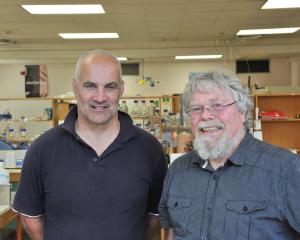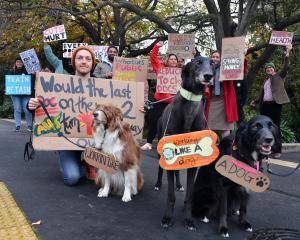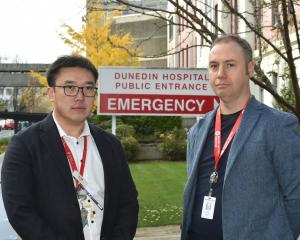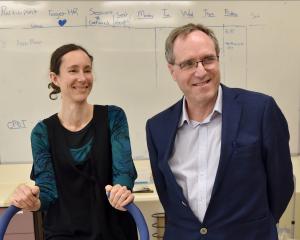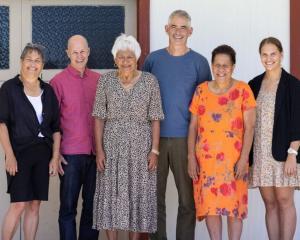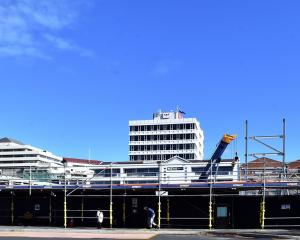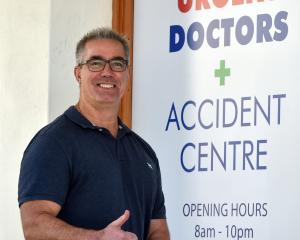
An addendum to last April’s report on the Southern Blood and Cancer Service (SBCS) was released by commissioner Morag McDowell this morning, examining the health system’s response.
It concluded the lack of staff had "significantly hindered progress" and urgent action was needed.
The addendum cited the concerns of two doctors about the situation.
"Dr E told HDC that the radiation oncology department is sorely understaffed in respect of [Senior Medical Officer] resource, and the service is more at risk now than it was when the report was written.
"Dr B stated that the medical oncology service remains understaffed and therefore wait times remain unsatisfactory, and this creates a significant burden on the staff, and it means that cancer outcomes are potentially compromised."
Southern patient advocate Melissa Vining said the commissioner had done everything in her power to raise awareness that people were still waiting and dying in the Southern region.
It was difficult for those who had not experienced it to imagine that someone with cancer could simply be left to wait on a list in New Zealand — her late husband Blair Vining was given a wait time exceeding his life expectancy before his death from bowel cancer in 2019.
Doctors in New Zealand were paid less than elsewhere, and an "aggressive recruitment campaign" was needed.
"We need more workforce, we need to pay better and look after the ones we do have," Mrs Vining said.
"The people that can fix this are the politicians, ultimately."
In the initial report, the commissioner assessed how the Southern District Health Board — now Te Whatu Ora Health New Zealand (HNZ) Southern — delivered its non-surgical cancer treatment services in 2016-22.
It found hundreds of people in Otago and Southland suffered harm as repeated calls to address dire wait times for cancer treatment were ignored, highlighting issues including underfunding, a lack of staff, poor clinical governance systems, inadequate quality control measures and a poor relationship between doctors and management.
Recommendations by the commissioner at the time included HNZ Southern considering a single point of contact for wait-listed patients, and providing a report on accountability and performance frameworks, a cancer service recovery plan, and an assessment of staff wellbeing.
The addendum said recommendations had been met, and considerable work appeared to have been undertaken to improve the service in collaboration with Te Aho o Te Kahu, the Cancer Control Agency.
However, the difficulty in recruiting of senior medical staff hindered progress, and the service had faced significant challenges since the report was published.
"In my view, until these workforces are stabilised and enhanced, there is no guarantee that patients will be seen and treated within appropriate timeframes, and therefore there is no guarantee that there will not be ongoing patient harm, and nor will there be improved staff wellbeing and working conditions," the addendum said.
Locum staff and outsourcing were being used to manage capacity issues, while existing staff had increased their hours of work, but these approaches were not sustainable.
Patients were transferred to other regions where possible, but there were also workforce issues throughout the country and demand for cancer services was only likely to increase in future.
"Urgent collaborative action and a co-ordinated programme of work is required nationally to address the workforce challenges faced by SBCS and other cancer centres around the country.
"I am acutely aware that cancer outcomes are potentially compromised by a delay in treatment."
Dunedin Hospital currently has three radiation oncologists, just more than one third of the 8.8FTE roles budgeted, as reported by the ODT earlier this month.
HNZ national hospital and specialist services director Fionnagh Dougan said HNZ accepted the addendum, and appreciated the ongoing concerns.
Dunedin’s waiting list for a radiation oncologist first specialist appointment was 56 patients last week, compared to 113 last February. The hospital had the full amount of staff budgeted for medical oncology and haematology, she said.

